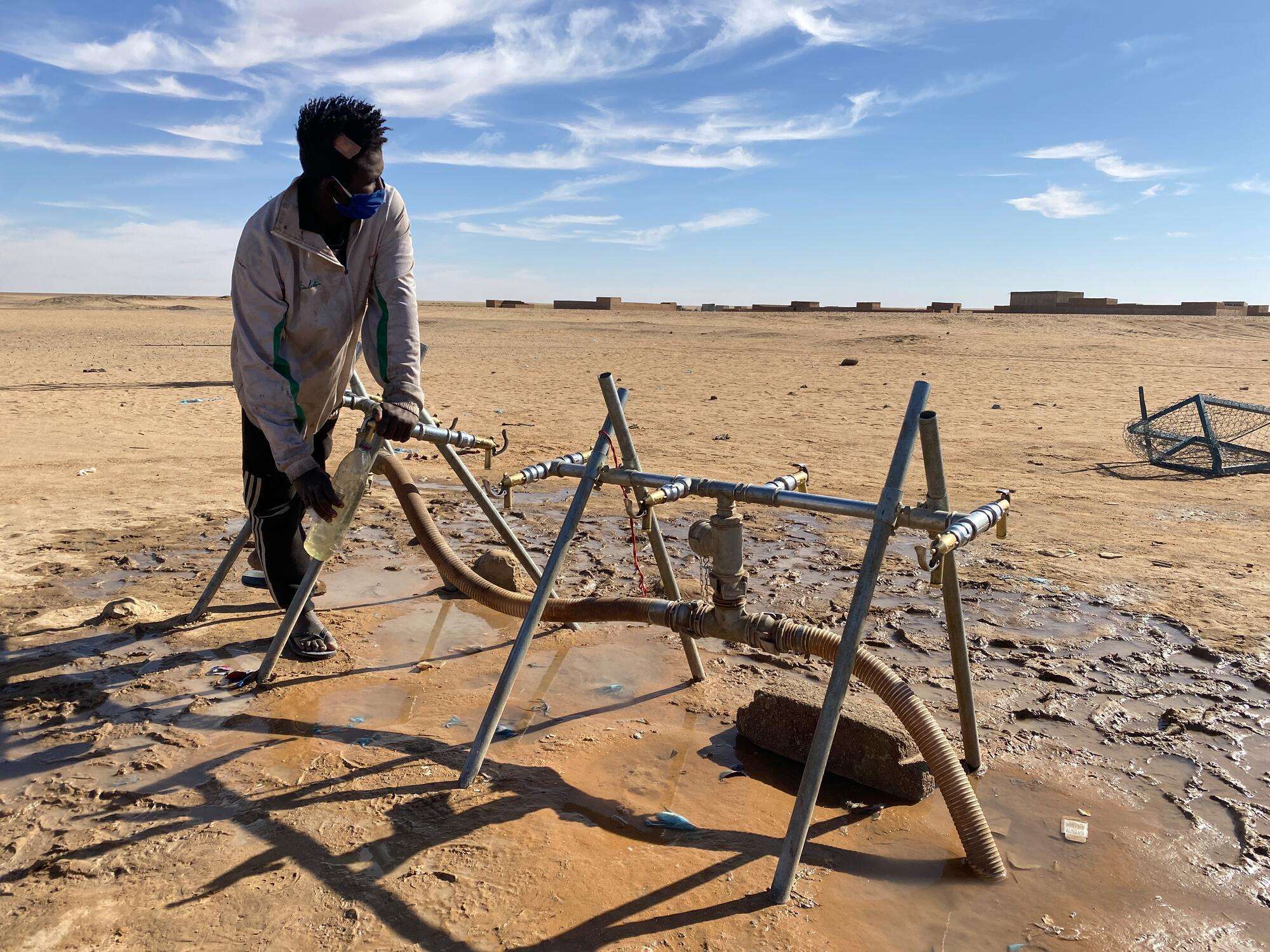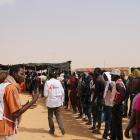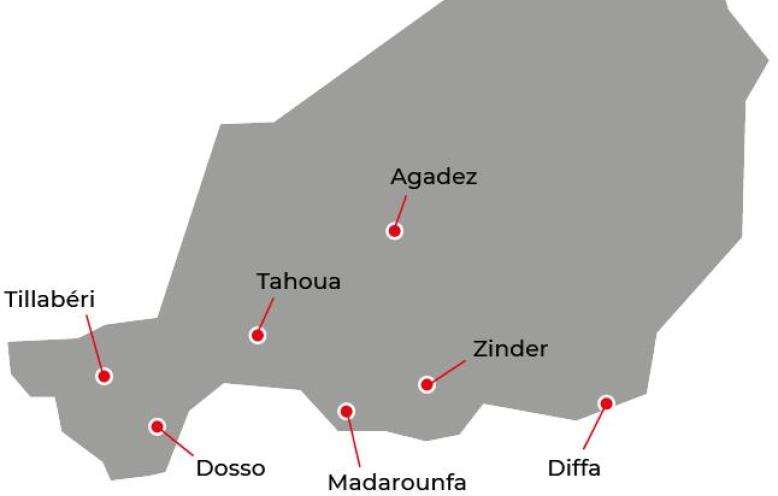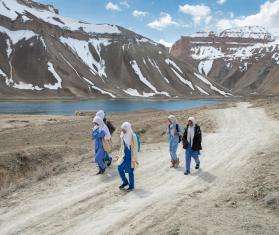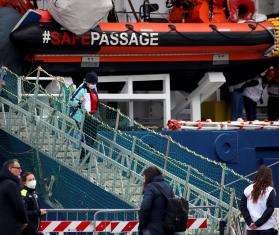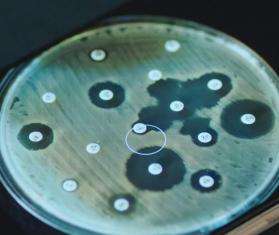We also supported health authorities’ responses to outbreaks of measles and meningitis in the Zinder, Diffa, and Tahoua regions. During the peak of malaria season, we constructed two observation rooms in Tinkim and Yékoua health centers due to the exceptionally high number of patients requiring inpatient care in Magaria.
In Madarounfa district, we provide care for children with sickle cell disease, which includes vaccinations, antibiotics to prevent and treat infections, pain medications, and blood transfusions. To better prevent and manage severe complications of the disease, we introduced treatment with hydroxyurea, a drug listed by the World Health Organization as essential for hemoglobin diseases in children, but difficult to access in Niger.
In addition, we offered medical and nutrition care to children with malnutrition, malaria, and other childhood diseases in Madarounfa hospital and five health areas in Maradi. As a result of our partnership with health authorities and the World Food Programme, the number of hospital admissions for malnutrition was the lowest in four years.
The two-way flow of migrants over the Niger-Algeria border continued unabated in 2022. Thousands were deported by the Algerian authorities and stranded in the desert. MSF denounced the inhumane treatment of migrants expelled from Algeria and Libya, and called on authorities to take immediate measures to respect human dignity in border control.
